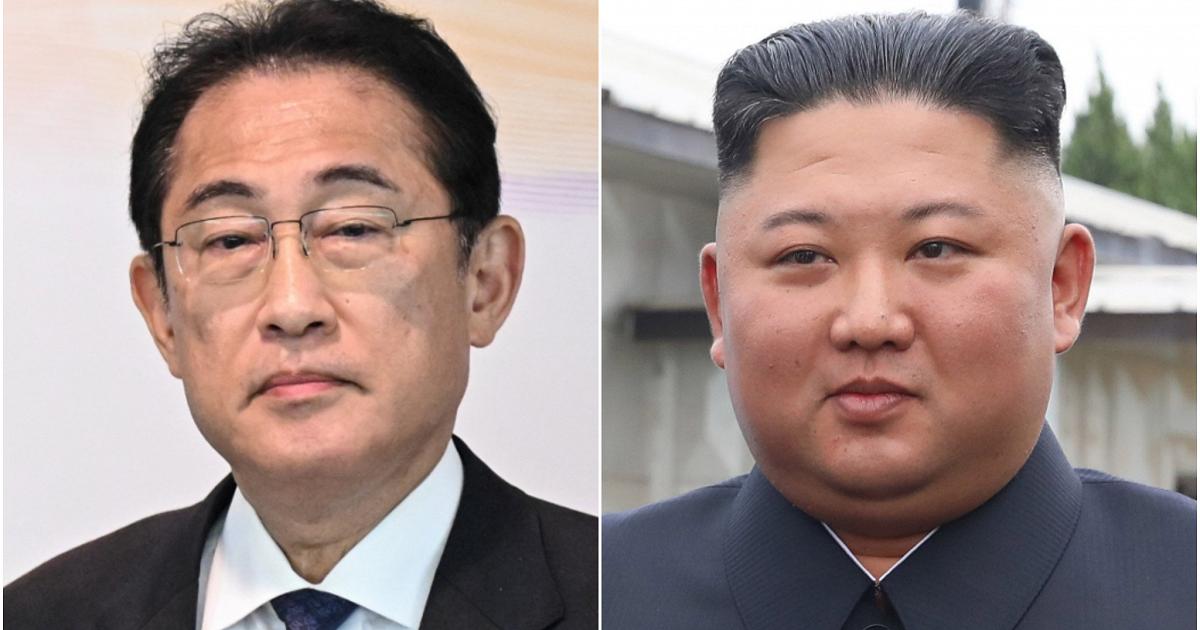Japanese Prime Minister Fumio Kishida said he wanted to meet with North Korean leader Kim Jong-un to try to resolve the issue of Japanese citizens kidnapped in the sixties and seventies of the last century.
A story on which Tokyo has never stopped investigating, despite the fact that according to the testimonies of the kidnapped who were able to return home, there are no other survivors.
"I am determined to personally confront Kim Jong-un, without making preconditions," Kishida said during a meeting in Tokyo.
North Korea and Japan signed the Pyongyang Declaration in 2002 in which they pledged to pursue the normalization of bilateral relations, on the occasion of the historic visit to the North Korean capital of Japanese Prime Minister Junichiro Koizumi. On that occasion, then-North Korean leader Kim Jong-iladmitted to the state abductions of 13 Japanese citizens, and freed five the following month.
For the rest, Pyongyang has never provided, Tokyo argues, an acceptable explanation despite the explicit commitment to do so made during the Japan-Democratic People's Republic of Korea summit in May 2004.
Recently, twenty years after the signing of that historic agreement, Korea reiterated that the issue of state abductions of Japanese citizens is to be considered definitively resolved. Tokyo claims that 17 Japanese never returned home and continues to investigate their fate.
Who are the "abductees" and why they were taken to Pyongyang
According to Japan, about twenty Japanese citizens were kidnapped and brought to North Korea between 1960 and 1980. The aim was to have them teach Japanese to North Koreans to use as "spies". According to a United Nations report, two hundred thousand people from multiple countries are forced to live in North Korea after being kidnapped or disappeared after traveling to the country with the aim of building an international espionage network.
Among the most famous cases in Japan is the kidnapping of boyfriends Kaoru Hasuike and Yukiko Okudo, who disappeared on July 31, 1978 in Niigata prefecture. Having become husband and wife, they are among those who returned to their homeland following the 2002 Declaration. Thanks to them there were news of the youngest kidnapped: Megumi Yokota, who disappeared in Niigata prefecture in 1977, at the age of 13. Bringing her home was one of the goals set for former Japanese Prime Minister Shinzo Abe, who was killed in an attack.
The young Yokota was recently spoken of by the former North Korean spy Kim Hyon-hui responsible for the bomb attack on a South Korean airliner in 1987, in which 115 people lost their lives, arrested by the South Korean authorities.
According to the former spy, Pyongyang "has decided to declare dead and not to return anyone who is aware of internal weaknesses and secrets".

